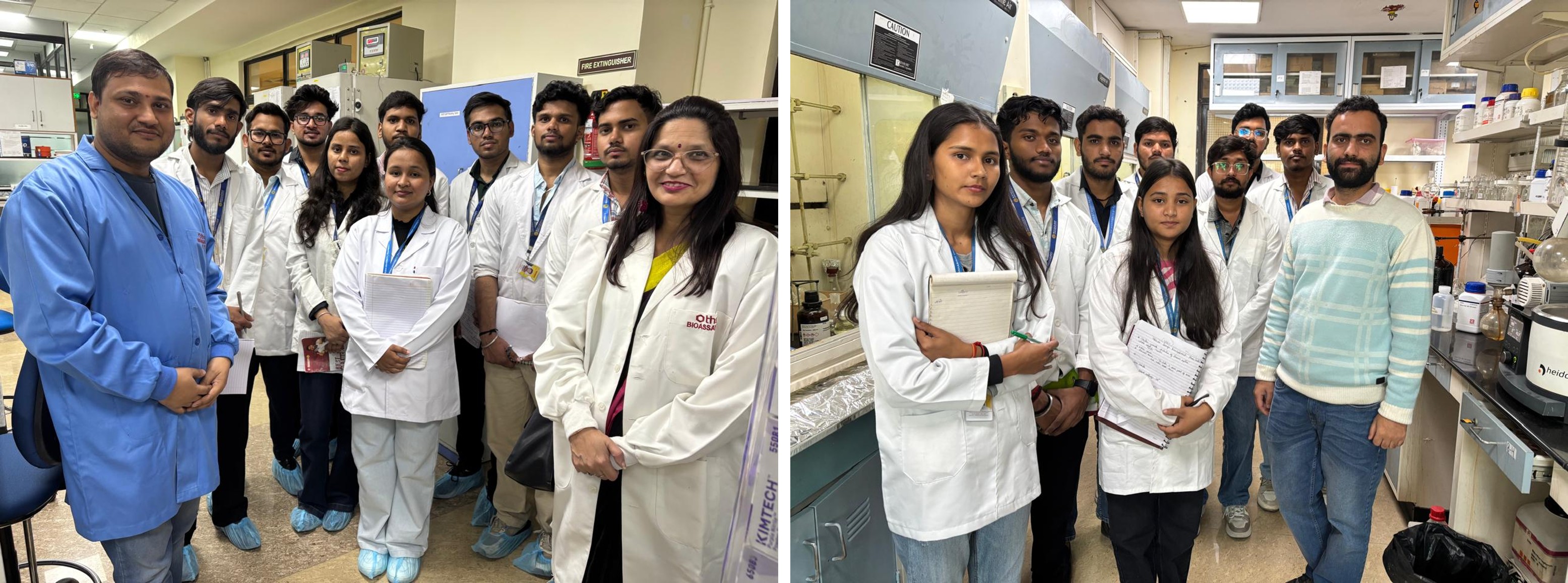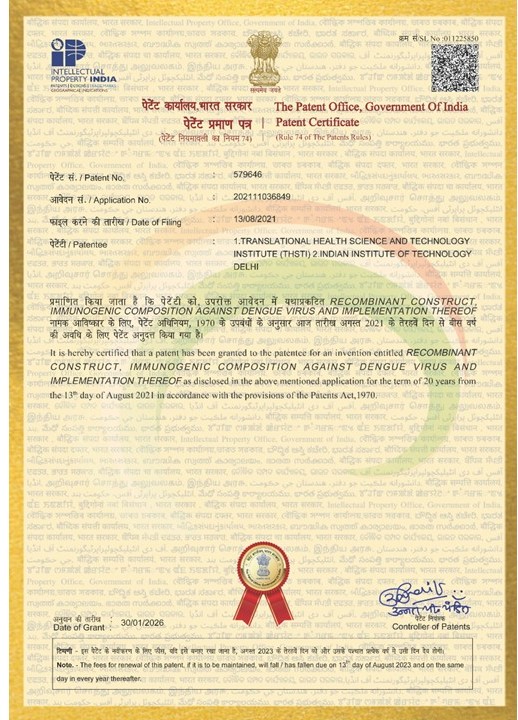Ethics of Human Challenge Studies - January 7th-8th 2018, Tata Institute of Social Sciences-Mumbai
Human infection and challenge studies have been carried out in several countries over several decades, and have led to significant advances in medicine, especially in the development of vaccines. They are especially useful in understanding immune responses to infection and thus can provide unique insights into disease pathology in a relatively short period of time.
A meeting was organized by the THSTI in collaboration with the Department of Biotechnology (DBT) and the Indian Council of Medical Research (ICMR) to discuss the feasibility and the ethical issues associated with Controlled Human Infection Models (CHIM) studies. The meeting was held on the 7th and 8th of January 2018 at the Tata Institute of Social Sciences (TISS) in Mumbai. The meeting was attended by a diverse group of participants including lawyers, researchers, social scientists, ethicists, vaccine manufacturers and media personnel.
Though human infection challenge studies are being carried out in other parts of the world, for diseases such as typhoid, malaria, and dengue which are common in India, there are no such studies being done in our country. There is also very little bioethical literature available on this subject, and there have been limited discussions on the subject. THSTI is working with ICMR to develop guidelines for such studies, and this meeting was the first in a series that we anticipate will continue for several months.


 20 Feb 2026
20 Feb 2026
 17 Feb 2026
17 Feb 2026
 10 Feb 2026
10 Feb 2026
 02 Feb 2026
02 Feb 2026